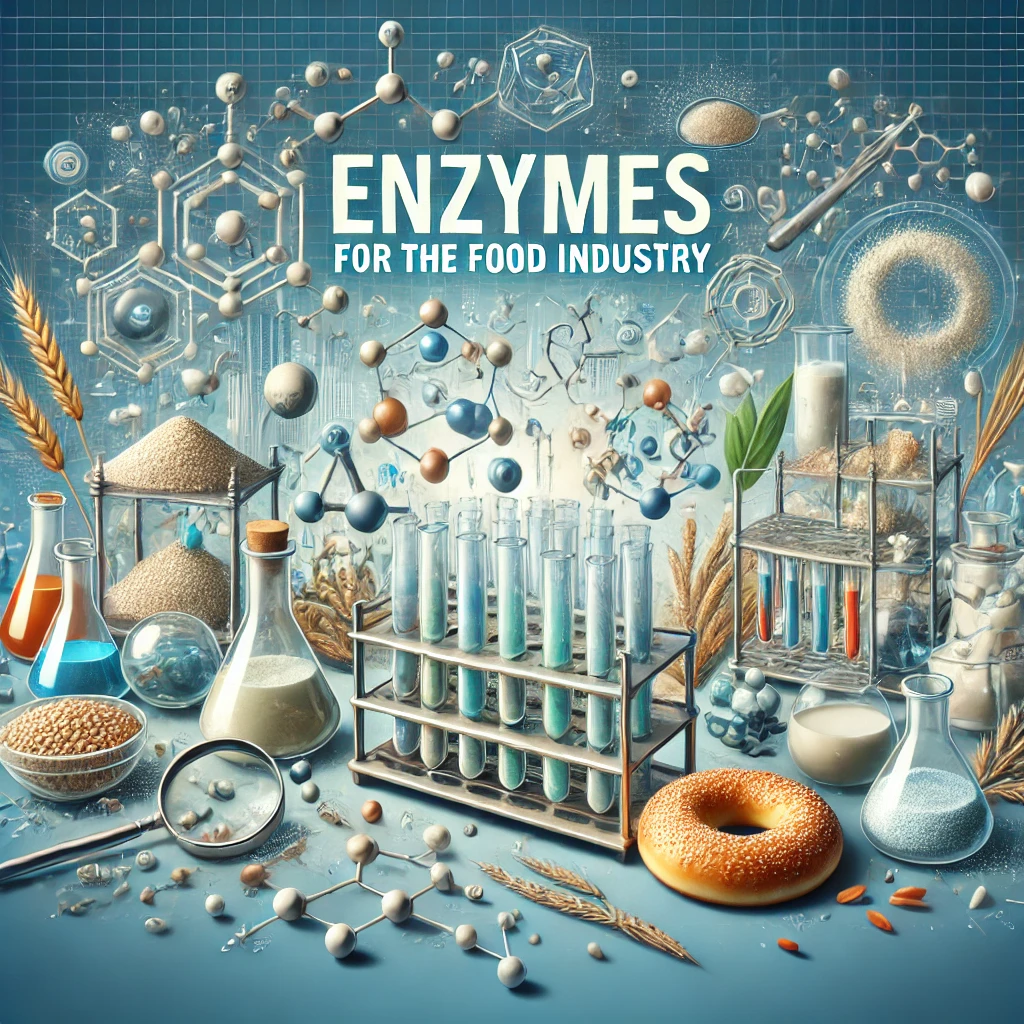Rennet Enzyme Manufacturer:
We specialized in manufacturing and supplying world-class Food enzymes in the market of India. Strong networks of Wilton Bioscience emerge as a leading manufacturer, exporter, and supplier of Food enzymes for indian and overseas market.
Rennet is a complex set of enzymes that are traditionally derived from the stomach lining of ruminant animals, such as cows, goats, and sheep. It is primarily used in the dairy industry to coagulate milk, which is an essential step in cheese making. The active enzyme in rennet is chymosin, which specifically breaks down casein, a protein found in milk, causing the milk to form curds and whey. Rennet has been a crucial ingredient in cheese production for centuries, and while animal-derived rennet is still widely used, microbial and vegetable-based rennets are now also available, catering to vegetarian and halal dietary preferences.
Key Benefits:
- Cheese Production: Rennet is the primary enzyme used in the coagulation of milk for cheese production. By breaking down the casein in milk, rennet causes the milk to curdle, allowing the solid curds to be separated from the liquid whey. This step is vital in creating a wide variety of cheeses, from soft cheeses like Brie to hard cheeses like Parmesan.
- Consistency and Quality: Using rennet in cheese production ensures consistent curd formation and uniform texture in the final cheese product. The enzyme’s ability to efficiently break down casein allows cheesemakers to control the yield, texture, and flavor of the cheese, producing high-quality cheese batches every time.
- Improved Yield: The use of rennet in the coagulation process leads to better milk utilization, as it helps separate curds and whey efficiently. This allows for more curds to be produced from the same amount of milk, improving the yield and efficiency of cheese production. The higher the curd yield, the more cheese can be made from a set amount of raw milk.
- Enhanced Flavors: The coagulation process triggered by rennet influences the development of flavors during cheese aging. By forming the curds, rennet helps in the controlled release of proteins and fats, which interact and mature during the cheese aging process, leading to the characteristic flavors of different cheese varieties.
- Versatility in Cheese Varieties: Rennet can be used in the production of various types of cheeses, whether fresh, semi-soft, semi-hard, or hard. The enzyme’s ability to form curds is essential in producing an array of cheese types with different textures, from smooth, creamy cheeses like cream cheese to crumbly cheeses like Roquefort.
Application:
Rennet is primarily used in cheese production, where it is added to milk to begin the coagulation process that forms curds and whey. It is used in the production of a wide range of cheeses, including cheddar, mozzarella, gouda, brie, and camembert. Rennet is typically added to milk along with other ingredients like cultures and salt, and the process can be carefully controlled to achieve the desired texture, consistency, and flavor in the finished cheese.
In addition to cheese making, rennet has applications in the production of some other dairy products, like certain types of junket or milk-based desserts. For vegetarians or people avoiding animal-derived products, microbial or vegetable rennets can be used as alternatives to traditional animal-based rennet, enabling cheese production without the use of animal-derived enzymes.
By incorporating rennet into cheese production, manufacturers can efficiently and consistently produce high-quality cheese with the desired textures, flavors, and yields. It remains an indispensable enzyme in the dairy industry, allowing for the continued innovation and variety in cheese offerings worldwide.
